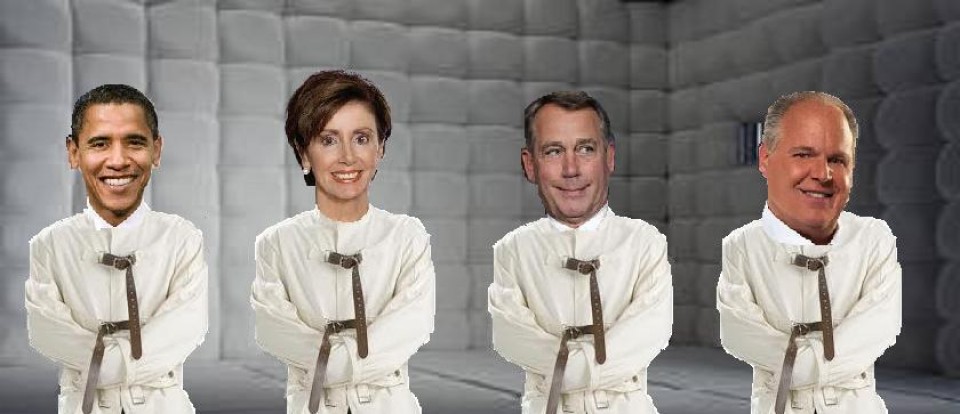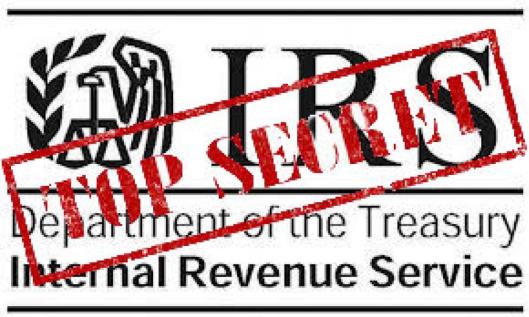* This is a piece I read for class and wanted to share. While I do not fully agree with everything here I do like the general thrust of the piece and wanted to share it.*
Research by Raghuram Rajan and Luigi Zingales
Capitalism has always been seen as an instrument for the rich to get richer. A new book turns this view upside down: Capitalism is instead a system that fundamentally benefits everyone, especially the have-nots.
“The paradox we are suggesting is that true capitalism is very much a threat for the rich,” says Luigi Zingales. “As a result, the rich are the greatest opponents of competition, which is a key part of the capitalist system.”
Zingales and Raghuram Rajan, both professors at the University of Chicago Graduate School of Business, address misconceptions about capitalism and the role of government in their new book, Saving Capitalism from the Capitalists (Crown Business, 2003).
To illustrate their main argument, Rajan and Zingales use the example of a poor Bangladeshi villager who needs 22 cents to buy raw material for making stools. For lack of better alternatives, she has to borrow the money from a middleman, who forces her to sell the stools back to him as repayment for the loan. He, of course, sets the price. As a result, the stoolmaker receives only two cents for her day’s labor.
This example points to one of the worst ills of capitalism: exploitation of labor. This exploitation, however, is not an inevitable consequence of the system. The true essence of capitalism is embodied in equal access and competitive markets. It is the lack of access to funds that keeps the stoolmaker’s labor captive.
The authors suggest that in many countries, true capitalist markets and institutions do not emerge for the simple reason that capitalists oppose them. The business elites (the middlemen in the example) would risk losing their position if access to finance became freer and they faced competition. In order to protect their positions, the capitalists may turn against free markets.
Free markets are the single most important tool to eliminate poverty and spread opportunity. Breaking from the traditional view that any government regulation hinders the development of free markets, Rajan and Zingales suggest that competitive markets are not well served by this laissez-faire approach.
The authors point to the airline industry as a key example of the complicated balance between regulation and competition. If there were no supervisory authority and no regulations enforcing safety standards, people would be very reluctant to fly fledgling airlines and would stick with established airlines. Having no safety regulations in the airline industry would favor established firms and make entry impossible, therefore killing competition.
However, if regulation required every airline to have a proven five-year track record of profitable flying before being allowed to accept passengers, new entry still would be killed off. How can new entrants have a proven record? The authors argue that it is on this delicate middle ground that competition flourishes-with enough rules so that people feel confident in flying the new entrants, but not so many rules that the new entrants can never compete.
“Once you accept that some rules and regulations are needed but not too much, the old mantras are useless,” note the authors. “One cannot adopt the posture of the traditional right that any government suffocates markets. Neither should one adopt the posture of the traditional left that markets are terrible and governments should replace them. The right position is the Goldilocks position-neither too little nor too much of the government is best for markets.”
“It is because this middle ground is so narrow that capitalism in its best form is very unstable,” write Rajan and Zingales. “It easily degenerates into a system of the incumbents, for the incumbents, by the incumbents.”
Who Makes the Rules?
Rajan and Zingales point out that even in democracies where it is assumed that rules are made by the people through their elected representatives for the common good, governments tend to act in the interest of the business elites.
One pertinent example they cite is the recent case of President Bush levying tariffs on imported steel. The alleged reason for the tariff was to protect American jobs. However, there are only 190,000 workers producing steel and 9 million workers in steel-consuming jobs. While steel prices in the United States have indeed gone up, steel prices in the rest of the world have fallen as exporters redirect their steel away from the United States. This hurts U.S. industries that rely on steel as an input: they can no longer compete with foreign manufacturers who now enjoy cheaper steel inputs. As a result, some U.S. manufacturers have threatened to move their facilities abroad. Far more American jobs were put at risk outside the steel industry by the tariffs than were saved.
The tariffs were a subsidy not so much to the steel workers, but to the owners and top managers of the distressed steel firms, who benefit handsomely from the tariff. The 30,000 workers who were bussed to Washington to press for tariff protection were effectively used as human shields to protect dominant firms’ interests at the expense of the vitality of the free market system. The reason they prevailed is that the concentrated lobbying power of the powerful private interests often outweighs the public interest in all countries, not just the United States.
It is because rules are made in the interest of business elites that free market economists have traditionally opposed government regulation.
“We need to find ways to ensure that rules are made to enhance the access to free markets and encourage competition,” says Zingales. “We do not want to tame the creative power of markets, we want to liberate it. But to liberate this powerful force, we need to strengthen political support in favor of capitalism.”
Tenets of an Ideal System
What ensures that political action is public spirited and that rules and regulations are not made to protect the interest of a few business elites? Rajan and Zingales propose four pillars to help promote the public good, recognizing that politics and economics cannot be kept separate in modern democracies.
First, they advocate a series of measures to promote the transfer of ownership into efficient hands. Inefficient owners tend to oppose rules that promote competition, seeing the downside of free markets rather than the upside of opportunity that those markets bring. Since taxes on income subsidize inefficient owners (who do not produce much income), while property taxes penalize them, one step in the right direction would be to substitute some of the taxes on income with taxes on property.
Studies also show that firm owners who inherit their control tend to be particularly inefficient. An inheritance tax levied on the transfer of active control of corporate assets would also support efficient ownership. In this respect, estate taxes also perform a useful role. Rajan and Zingales note that they do not support the recent move to eliminate estate taxes.
Second, the authors advocate open borders. Borders open to trade and capital flow force domestic firms to compete with foreign firms, essentially creating competition between domestic rule makers and foreign rule makers. Domestic incumbent interests can no longer prevail since inefficient rules favoring certain segments will jeopardize the entire economy.
Open borders provide a country’s people with the best chance that their country’s policies will be made to enhance the public interest. When regulation faces competition across borders, the result is better regulation in every country.
“We can’t let anti-globalization protestors on the street determine the agenda, because they have the argument backwards,” says Rajan. “There is a moral ground to oppose the protestors, since open borders prevent us from being at the mercy of the current political elite and large domestic firms.”
A third component of their prescription is a safety net. Competition creates winners and losers, which is one of the biggest sources of tension between democracy and free markets. People who don’t fare as well in the economy still have their political power. The problem, however, is that the have-nots may use their political power to lobby for deep-rooted change that would destroy the foundations of the capitalist system. Worse, the incumbent powers may ride the coattails of the anti-free market protest and pressure for protection as well.
Therefore, a safety net is needed to give the have-nots hope so that they do not turn against markets and become easy political prey for the incumbents. However, much of the safety net in developed countries is focused on protecting firms not people, while in developing countries there is too much reliance on family as a safety net.
Rajan and Zingales caution that the safety net should not come in the form of handouts. Crucial elements of the safety net they propose include a good education system and sound healthcare to enable the average citizen to take advantage of opportunities. A well-developed financial system will give people resources to create their own wealth. With these support mechanisms, people will have the tools to reinvent themselves for the job market. The capitalist system in turn is then better able to survive crises such as economic downturns.
The fourth important pillar in their prescription is awareness. Collective belief in the power of free markets and knowledge of the implications of faulty government regulation will help keep business leaders and politicians in check.
Keeping Capitalism Alive
Recent corporate scandals have added to the perception that the capitalist system is unfair. Combined with the general economic downturn, these perceptions can turn into anger against the system. If unchecked and egged on by politicians, such anger could result in a movement against free markets.
Instead of enhancing the power of large corporations and domestic elites, free markets actually curb that power and channel activities into more productive pursuits.
“People feel guilty about the capitalist system when they see the poor,” says Rajan. “There is no reason to feel guilty, because capitalism offers the poor the best access to opportunities. For those who care about the well-being of others, the goal should be expanding access to everyone and making it possible for even the have-nots to participate in the capitalist system.”
Raghuram Rajan is Joseph L. Gidwitz Professor of Finance at the University of Chicago Graduate School of Business. Luigi Zingales is Robert C. McCormack Professor of Entrepreneurship and Finance at the University of Chicago Graduate School of Business.
>>For information about Saving Capitalism from the Capitalists, visitwww.savingcapitalism.com.


